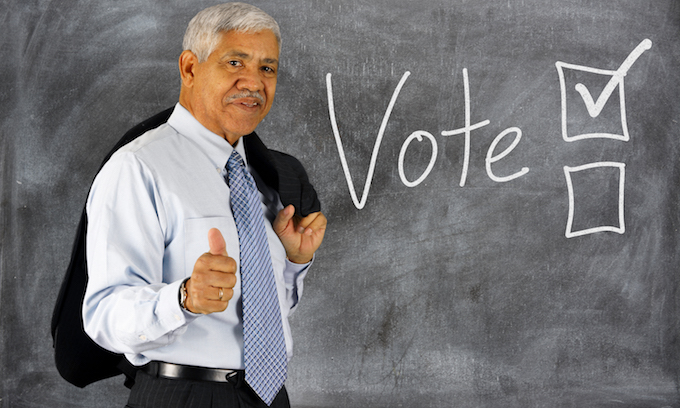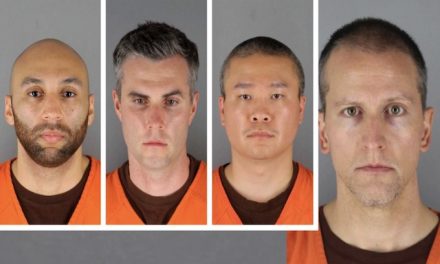Imagine the results of the 2016 election if Texas, won by President Trump, had instead split its 38 electoral college votes between him and Hillary Clinton. He would still have won the White House, but the margin would have been much closer.
A Hispanic advocacy group told a federal appeals court last week that’s exactly what should happen in the future.
The League of United Latin American Citizens says states treating elections as winner-take-all is an affront to the concept of one person, one vote. The group has filed lawsuits across the country seeking to force changes, with its challenge to Texas, the second biggest prize on the electoral map, going before the 5th U.S. Circuit Court of Appeals on Thursday.
“The implications could be it has a nationwide impact,” LULAC’s lawyer, Amy J. Mauser, told the panel of judges.
Texas lawyers told the appeals court judges LULAC’s case would upend more than two centuries of constitutional precedent and understanding, which has long recognized states have the right to decide how to award their electoral votes.
“The big picture here is that the winner take all system does not deny one person, one vote — or violate any expressional or associational rights of Democrats and third parties in Texas any more than it imposes a burden on Republicans or third parties in California,” said Matthew H. Frederick, assistant solicitor general for the state of Texas.
Texas is one of 48 states that does winner-take-all. Maine and Nebraska actually do allocate electoral votes based on who wins in each congressional district, with the overall state winner getting the rest.
The proposal the group is pushing would award a state’s total electoral votes proportionally to the overall vote percentage awarded for each candidate.
In 2016, Mrs. Clinton won the overall vote in Maine, and won in one of its two congressional districts. But Mr. Trump got more votes in the other district, so the state split its four votes with her claiming three and him getting one.
LULAC has sued Massachusetts, California and South Carolina, too, and argues not only are voters not properly represented by the current system, but racial and ethnic minority voters, in particular, are disenfranchised in places like Texas where they are a large percentage, but LULAC says their voting preferences aren’t reflected.
One of the other challenges has already been heard in the First Circuit, though no judgment has been rendered. Cases are also pending in the 9th and 4th Circuits.
Ilya Shapiro, publisher of the Cato Institute’s Supreme Court Review, said LULAC’s argument is a “nonstarter,” saying winner-take-all systems have “ironclad” precedent.
The bigger challenge to the Electoral College, he said, is the National Popular Vote Compact. That’s an agreement between states to assign all of their electoral votes to the winner of the national vote. It will become active when enough states sign on to constitute a majority of electoral votes.
“At this point, they’ve picked off all the blue and most of the purple states, so it’s unlikely to go anywhere, and there would be significant legal challenges should they ever get over the hump,” Mr. Shapiro said.
To succeed, the states would need to find a way to bind their electors so they vote a certain way.
That, it turns out, may not be possible.
The Supreme Court will hear a case in April over whether a state can punish “faithless” electors.
Washington’s Supreme Court upheld fines against three 2016 electors who did not cast their votes for Mrs. Clinton and runningmate Tim Kaine, who won the state’s 12 electoral votes in winner-take-all fashion.
The defecting electors challenged the state law, saying it violates the Constitution’s vision of electors as agents able to cast their votes as they see fit.
Nearly 30 states have laws requiring their electors to vote for the candidates picked by the voters in their state.
© Copyright (c) 2020 News World Communications, Inc.



















Recent Comments